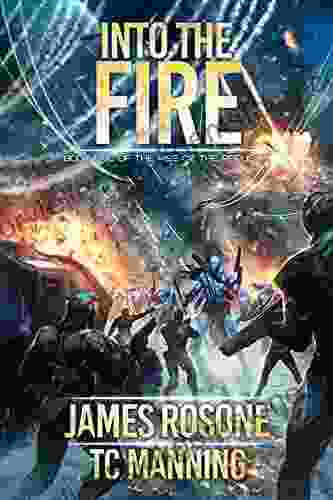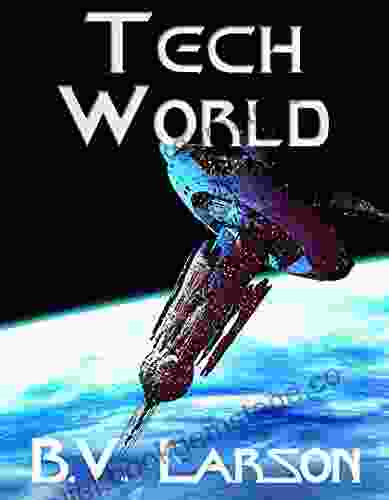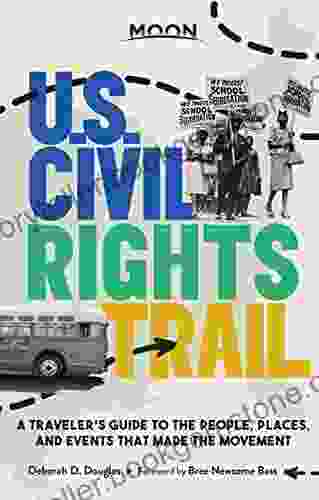Prologue: Embers of an Eternal Flame
In the annals of history, the rise of the Roman Republic stands as an epic saga of conflict, conquest, and enduring legacy. From its humble beginnings as a small town on the Italian Peninsula, Rome would grow into a vast empire that spanned the globe. Its rise was not without its tribulations, but it was through these trials that the Roman spirit forged a fire that would burn brightly throughout history.
Chapter 1: The Birth of a Republic (509 BC)
The year 509 BC marked a seismic shift in Roman history. Overthrowing the Etruscan monarchy, the Roman people established a new form of government: a republic. This radical idea replaced the rule of a single king with that of elected officials, giving rise to one of the earliest known forms of representative democracy.
4.6 out of 5
| Language | : | English |
| File size | : | 5473 KB |
| Text-to-Speech | : | Enabled |
| Enhanced typesetting | : | Enabled |
| Word Wise | : | Enabled |
| Print length | : | 403 pages |
| Lending | : | Enabled |
| Screen Reader | : | Supported |
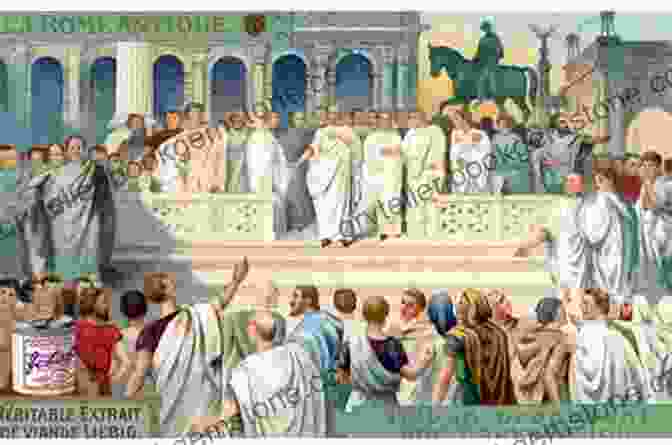
Chapter 2: Conflict and Expansion (343-265 BC)
The young republic faced numerous challenges, both internal and external. Within its borders, patricians (the wealthy elite) clashed with plebeians (commoners) over political rights and economic disparities. Externally, Rome waged wars against neighboring tribes, such as the Samnites and Etruscans, seeking to expand its domain and secure its borders.
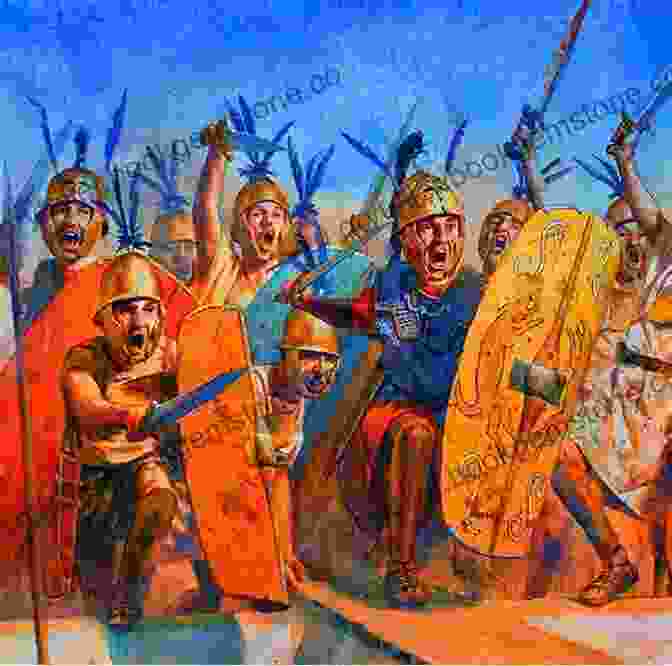
Chapter 3: The Punic Wars (264-146 BC)
The Punic Wars pitted Rome against Carthage, a powerful maritime empire based in North Africa. These epic conflicts spanned decades and involved massive naval battles, sieges, and political intrigue. Rome's eventual victory over Carthage established it as the dominant power in the Mediterranean Sea.
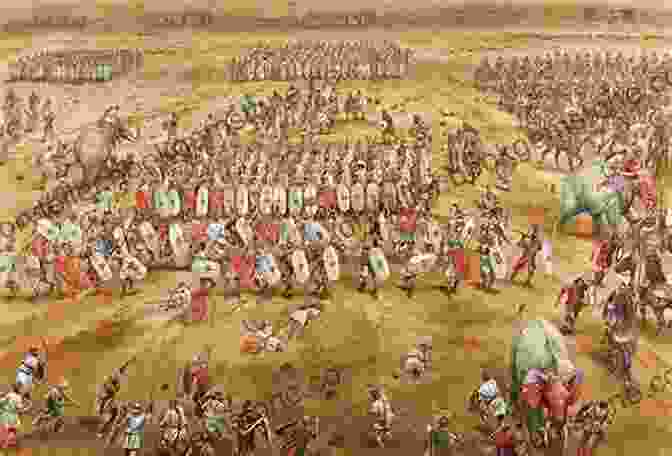
Chapter 4: The Crisis of the Republic (133-31 BC)
As Rome's empire expanded, so did internal tensions. Economic inequality, political corruption, and military instability plagued the republic. This era saw the rise of ambitious generals, such as Julius Caesar and Pompey, who challenged the authority of the Senate and sought to establish their own power.
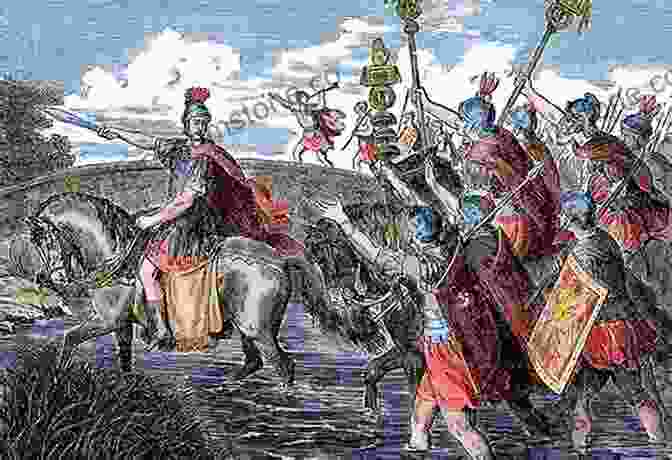
Chapter 5: The Fall of the Republic (44-31 BC)
The Crisis of the Republic reached its climax with the assassination of Julius Caesar in 44 BC. This event plunged Rome into a bloody civil war that pitted Caesar's supporters against the forces of the Senate. Ultimately, Caesar's adopted son, Octavian (later known as Augustus),emerged victorious and established the Roman Empire in 27 BC.
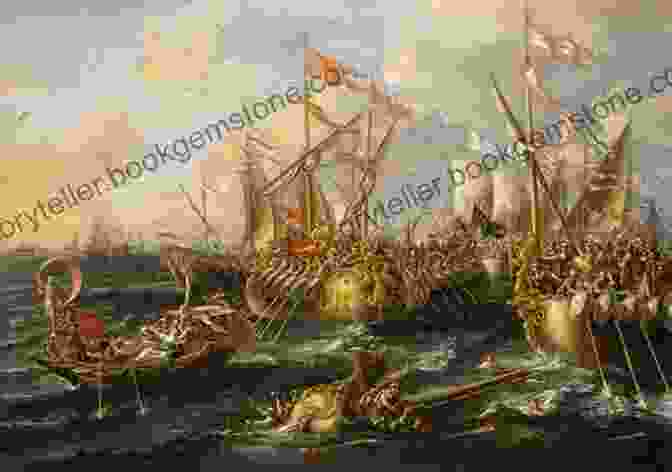
Epilogue: The Legacy of Rome
Although the Roman Republic eventually collapsed, its legacy lived on. The principles of representative government, law, and infrastructure it developed laid the foundation for civilizations that followed. From the European Renaissance to the American Revolution, the Roman Republic inspired ideas of liberty, civic duty, and the pursuit of knowledge.
Into the Fire: The Rise of the Republic is a captivating narrative that transports readers into the heart of one of history's most transformative eras. Through its vivid storytelling, in-depth analysis, and striking visuals, this article unveils the trials and triumphs that shaped Rome's destiny. As we delve into the flames of conflict, witness the rise of democratic ideals, and explore the complexities of an empire's growth and decline, we gain a deeper understanding not only of Rome but of our own world's political and social evolution.



